Introduction
Pakistan is a country with a growing population and limited resources, facing numerous challenges in food production and distribution. Despite being an agricultural nation, the country still struggles to meet the demands of its citizens and provide them with adequate nutrition. Climate change, land degradation, and water scarcity are only a few of the problems that threaten food security in Pakistan. In this paper, we will examine the current state of food production in Pakistan and predict potential future crises that could impact food security in the country.
Current State of Food Production in Pakistan
Pakistan is primarily an agricultural country, with agriculture accounting for approximately 21% of the country's Gross Domestic Product (GDP). The country is capable of producing a variety of crops, including rice, wheat, sugarcane, cotton, and maize, among others. However, despite the potential for high food production, there are several factors that limit the country's ability to meet the demands of its growing population.
One major problem is the low productivity of crops, which is due to factors such as outdated farming methods, lack of investment in the sector, and limited access to modern technology. Additionally, there is also a shortage of trained personnel, such as agronomists and extension workers, to provide farmers with the support they need to improve their farming practices.
Climate Change
Climate change is a major threat to food security in Pakistan, as it affects the availability and quality of crops. Extreme weather events, such as droughts, floods, and heat waves, have become more frequent in the country in recent years, leading to decreased crop yields and food shortages. The changing climate also has an impact on water resources, which are essential for agriculture, and can result in water scarcity, especially in rural areas.
Pakistan is facing a growing water scarcity crisis, as its water resources are being depleted faster than they can be replenished. Agriculture is the largest consumer of water in the country, accounting for approximately 90% of the total water usage. The shortage of water resources has led to a decline in the quality and productivity of crops, which has in turn affected food security in the country.
Land Degradation
Land degradation is another major threat to food security in Pakistan, as it results in decreased productivity and soil erosion. The country's agriculture sector is facing numerous challenges, including soil salinity, waterlogging, and soil degradation, which are all caused by factors such as over-irrigation and deforestation. These factors have resulted in a decline in the quality of the soil, making it more difficult for crops to grow and reducing the overall productivity of the country's agriculture sector.
Mitigation Strategies
One of the most effective ways to improve food security in Pakistan is to adopt modern farming methods and technologies. This includes the use of high-yield seed varieties, precision agriculture, and conservation agriculture, among others. The implementation of these methods will help farmers increase their productivity, reduce the risk of crop failure, and improve the quality of their crops.
Water Management and Conservation
Effective water management and conservation practices are essential for improving food security in Pakistan. The country needs to adopt a more efficient system for managing its water resources, including the implementation of irrigation systems, water harvesting, and rainwater storage. The government should also provide farmers with training and support in water-saving technologies and practices.
Promotion of Sustainable Agriculture
The promotion of sustainable agriculture practices is another key factor in improving food security in Pakistan. This includes the use of organic fertilizers, crop rotation, and reduced tillage, among others. The government can play a significant role in promoting sustainable agriculture by providing financial support, training, and extension services to farmers. In addition, the promotion of agroforestry, which involves the integration of trees with crops and livestock, can help to conserve and improve the quality of the soil, and reduce the risk of land degradation.
Investment in Research and Development
Investment in research and development is critical for improving food security in Pakistan. The country needs to invest in developing new technologies, seed varieties, and farming practices that are more efficient and sustainable. The government should also support research institutions, such as universities and research centers, in their efforts to develop new solutions for the agriculture sector.
Strengthening the Supply Chain
The strengthening of the food supply chain is another critical aspect of improving food security in Pakistan. The country needs to develop an efficient and reliable food distribution system that can effectively transport food from the farms to the consumers. This requires the development of infrastructure, such as roads, transportation systems, and storage facilities, as well as the improvement of the logistics and marketing of food products.
Conclusion
Food security is a critical issue for Pakistan, and the country faces numerous challenges in meeting the demands of its growing population. Climate change, water scarcity, and land degradation are only a few of the problems that threaten food security in the country. However, by adopting modern farming methods, improving water management and conservation practices, promoting sustainable agriculture, investing in research and development, and strengthening the food supply chain, it is possible to improve food security in Pakistan and ensure that its citizens have access to adequate and nutritious food.
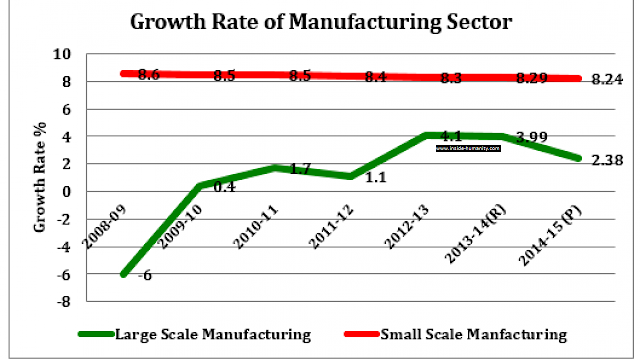
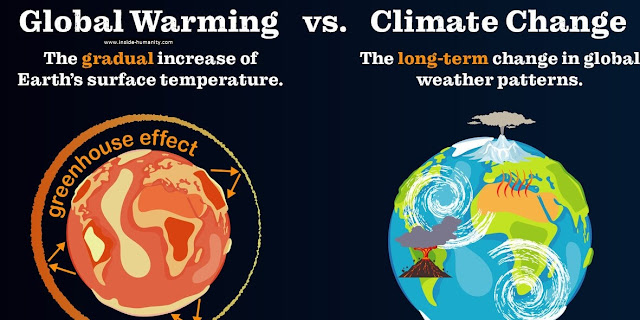
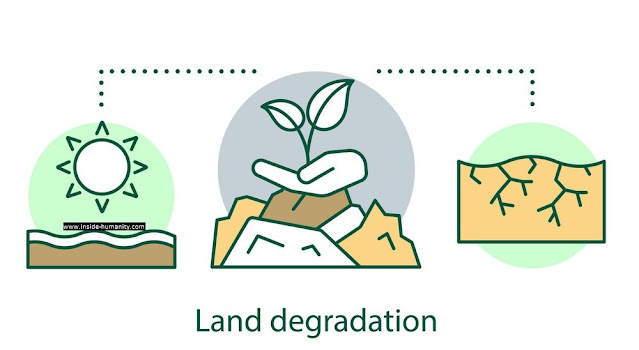
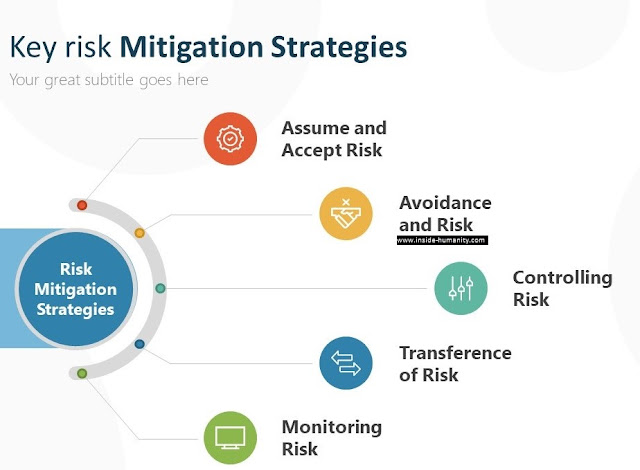
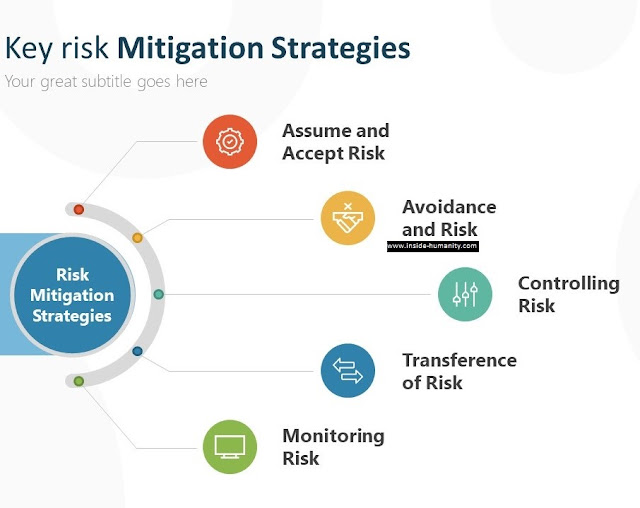
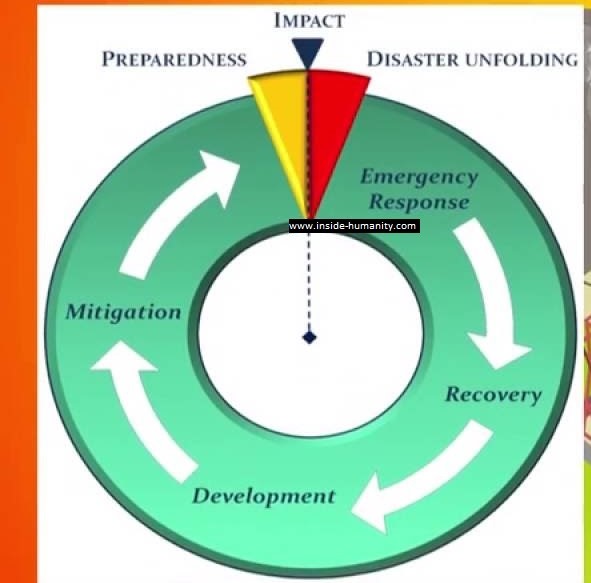
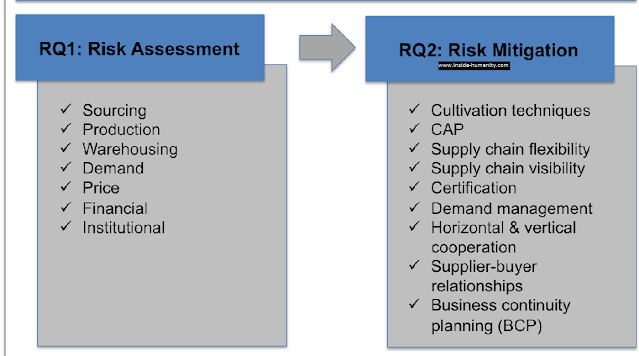
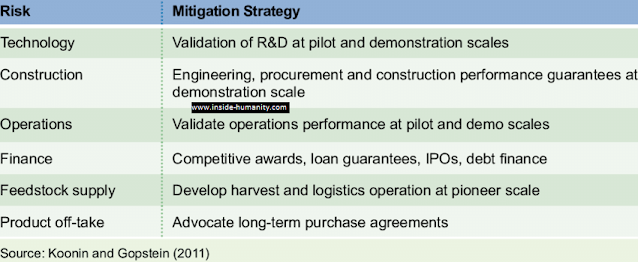


0 Comments
Thank you. We'll reply you shortly.